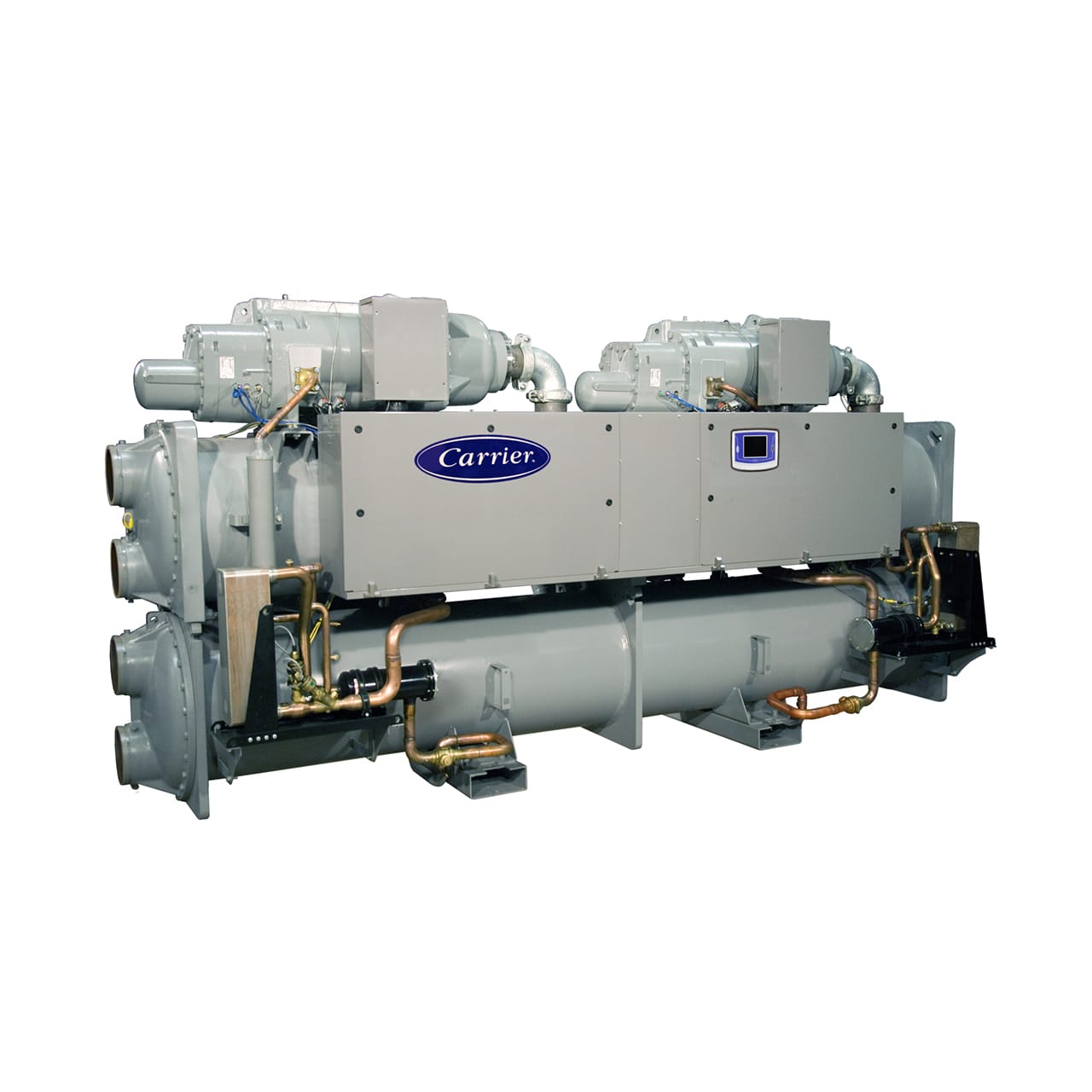
University of Alabama in Huntsville
Carrier heat recovery chillers provide significant cost savings and increased sustainability for university campus
Huntsville, AL
The University of Alabama in Huntsville (UAH), a very high intensity research university, planned to build a new student center as a central location for student affairs and activities. The facility would also provide space for formal and informal meetings. The Facilities Management staff sought a heating, ventilating and air conditioning (HVAC) solution for the new building that, in keeping with the school’s sustainability goals, would employ energy efficient equipment to provide an appropriate indoor environment for students and administrators.
Project Solution
Facilities staff explored two scenarios and their drawbacks. Their first choice was to incorporate the new building load with the existing central plant. However, the increasing load would eliminate the current redundancy unless the plant capacity was expanded, including an additional cooling tower. Due to space constraints, a cooling tower could not be added. The second choice was to house a new chiller and boiler inside a mechanical room at the student center. This scenario added considerable cost to the project. The final solution came when facilities staff at UAH, in consultation with Carrier and Mims Engineering, decided to install two Carrier AquaForce® 30XW heat recovery chillers in the central plant. Rather than sending the heat they produce to a cooling tower for dissipation, the condenser water (up to 138°F) is pumped into the existing hot water loop, while also contributing chilled water to the cooling loop that serves a total of 767,121 ft2 of space across multiple buildings. In the first two years, this system saved over 6,000,000 gallons of water. This is 6,000,000 gallons of water that did not have to be chemically treated. This translated into a savings of over $23,000 for water and water treatment chemicals. Additionally, the system also saved the university $385,000 in energy costs for a total savings of over $400,000.
Equipment

Learn More
